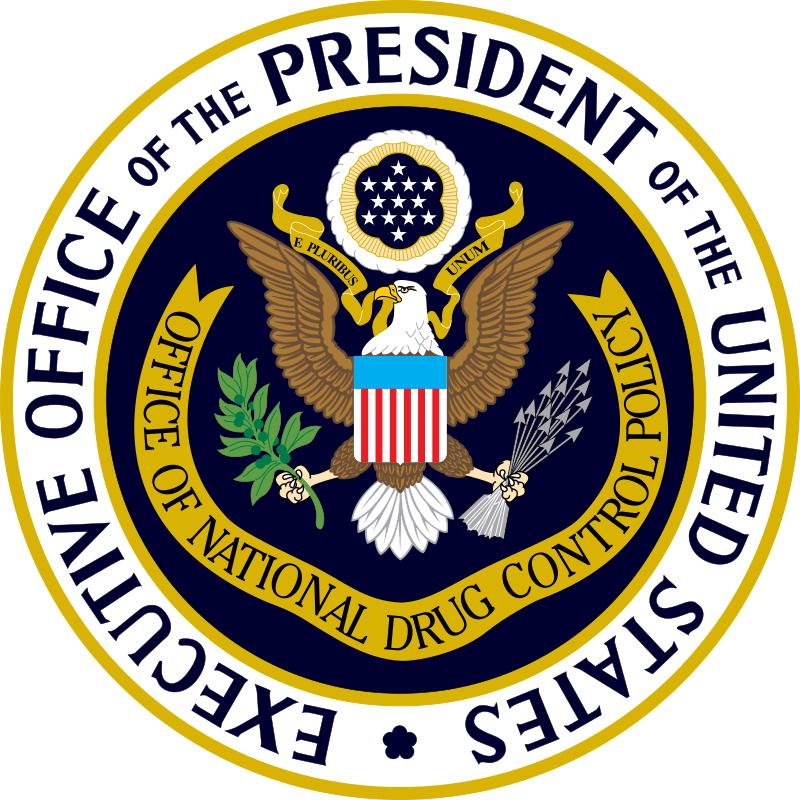
In May, the White House Office of National Drug Control Policy released its National Drug Control Strategy for 2024. Written under the auspices of “drug czar“ Dr. Rahul Gupta, the strategy lays out the Executive Branch’s plan to control the devastating impact of illegal drugs on the American populace and tracks progress in achieving previous goals.
Skeptics of the War on Drugs would find a lot to like about the 2024 Strategy: five of its eight chapters are at least somewhat devoted to either prevention or harm reduction, the latter an oft-criticized but evidence-based component of addressing the crisis. And the only chapter focused on consumer-end prosecution, titled “Improving the Criminal Justice System’s Response to Substance Use Disorder,” largely deals with “reduc[ing] the risk of future involvement in the criminal justice system” by increasing access to evidence-based treatment.
If the White House wants to make progress on its supply-focused goals, however, they should start with a look in the mirror.
The Government Wants to Crack Down on Illicit Substances in the Homeland—While Buying Them
The Strategy describes the “illicit drug supply chain“ as a multinational, complex network spanning public and private entities, leveraging legitimate commerce pipelines, and exploiting financial and banking systems to fund illicit activities.” While most of the remainder focuses on fentanyl, it’s important to note that both federal and state prison systems are among those illicit buyers.
In 2020, the Federal Bureau of Prisons engaged Connecticut-based Absolute Standards to produce pentobarbital for the return of federal executions, after a hiatus that predated the end of thiopental on the American market. That Absolute Standards didn’t have the requisite permission from the DEA to manufacture a controlled substance for humans apparently didn’t matter to the federal government; they wouldn’t exit the pentobarbital market until outed earlier this year. And while the federal government bought American, states continued to look to foreign supply chains. While much of this can be laid at the feet of conservative states or the Trump administration rather than the Biden White House that distributed, as we discussed last month, the incumbent administration hasn’t done nearly what it could to stop the flow of execution drugs. Though shifting tactics may have made this less practical1, the FDA has not attempted to inspect or seize any state’s lethal injection drug supply since 2017.
That the drugs never leave state custody can’t be assumed, either. In 2006, a corrupt prison guard smuggled thiopental out of California’s death chamber; in 2011, an overseas supplier operating without FDA approval filled an order from Georgia’s prison system only for the drugs to end up at a consumer pharmacy. As a group of concerned physicians and pharmacists told the Supreme Court in 2019, opening an illicit supply chain makes it “extremely challenging to control which drug products move through it, and which customers they reach.”
The Rise of Execution-Chamber Fentanyl Threatens the Fight Against Street Fentanyl
Though we’ve discussed before why fentanyl isn’t the no-brainer execution drug of choice it may seem, the subject has gotten increased attention as the synthetic opioid continues to plague the streets. Nebraska has already carried out a fentanyl execution, and Utah recently added it to their protocol (though they went with pentobarbital for Taberon Honie’s execution this morning due to supply issues), as did Nevada. The federal government itself “looked at“ using fentanyl under Trump, even while considering a “powerful death penalty” for illicit suppliers.
While Utah ultimately took (what passes for) the high road after they couldn’t find a legitimate supplier, there’s no reason to believe other states would do the same. The history of lethal injection is littered with back-alley cash deals, sketchy importers, and fly-by-night manufacturers, and states practicing lethal injection are already flouting controlled substance laws. Mere illegality or the appearance of hypocrisy hasn’t stopped them before.
Lethal Injection Threatens America’s Anti-Drug Moral Authority
Admittedly, closing the pathways for lethal injection drugs would make only a small dent in the raw numbers for America’s illicit drug supply. A 2017 study suggested that 11,000 surgeries could be performed with the nation’s entire supply, a moral outrage on its own terms but a drop in the bucket of the nationwide drug trade. What’s more at stake is the already shaky moral foundation for America’s posture on illicit and illegal narcotics. The Biden Administration has done admirable work reframing the war footing the drug czar position was founded on—and for which his predecessor clamors—into a compassionate response to the misery Substance Use Disorder inflicts on patients, families and society. So long as the administration neglects to enforce existing drug laws on prison officials and seeks its own death sentences (as it did just last week), however, it’s hard to take seriously the idea that they want this misery to end.
